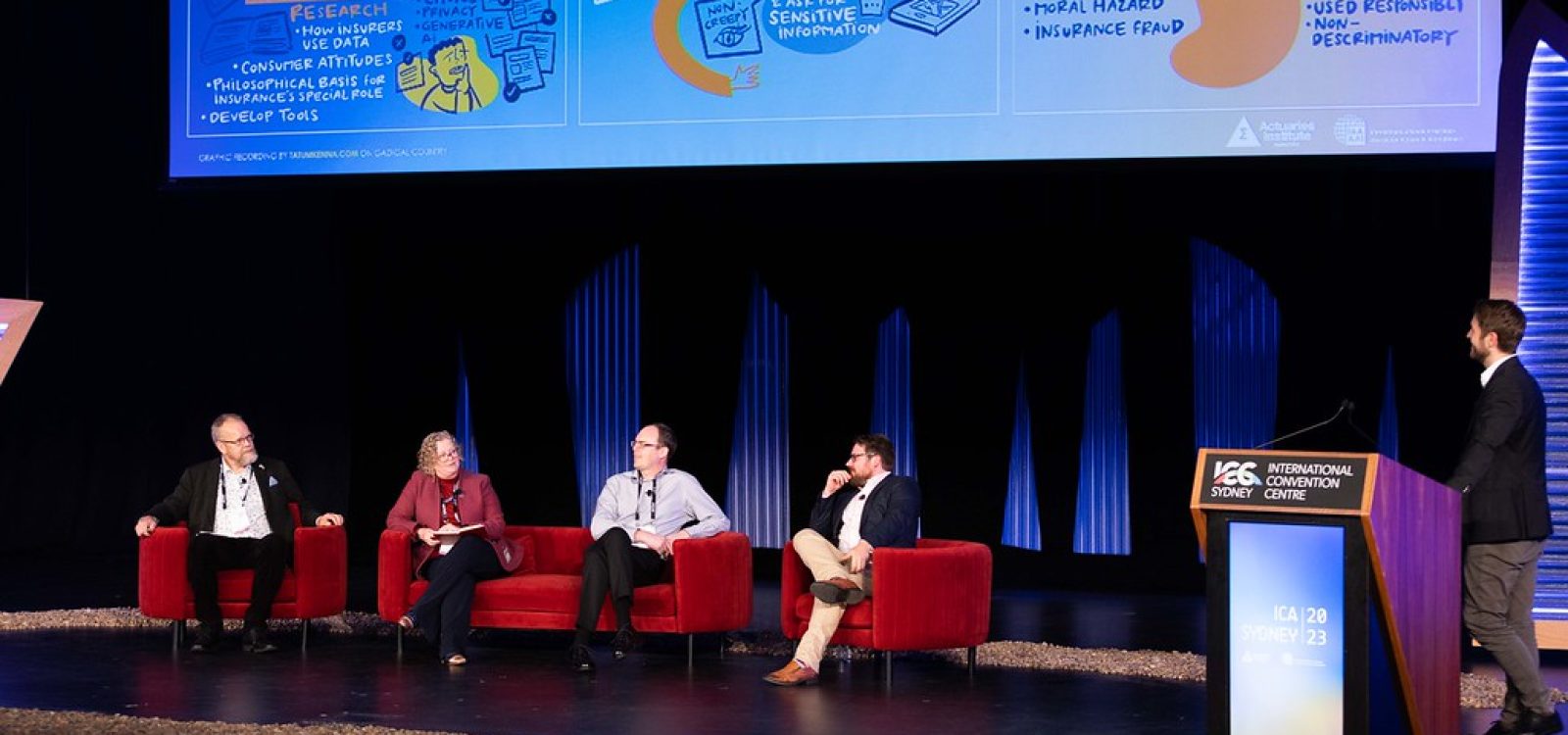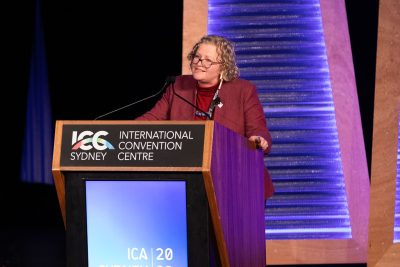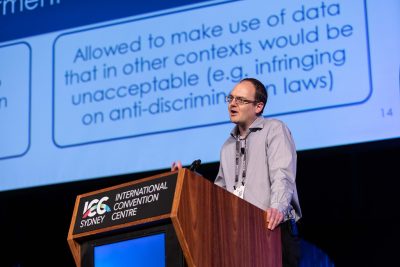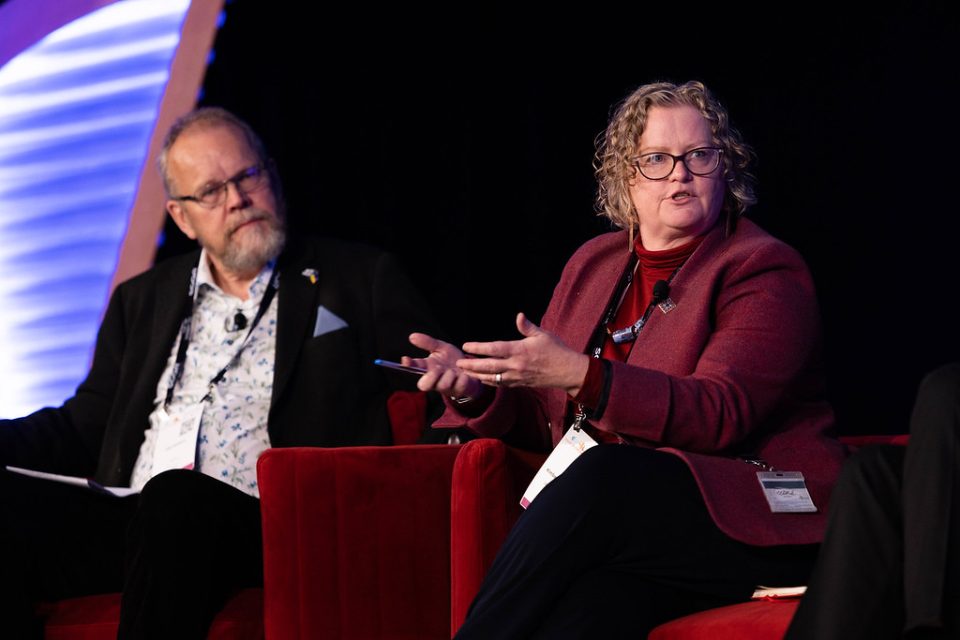
Socially responsible insurance in the age of AI
A new ARC-funded research project aims to get to the heart of insurance
The theme of fairness was a recurring one at the 2023 International Congress of Actuaries (ICA2023). Perhaps no talk exemplified this more than the presentation by Kimberlee Weatherall and Chris Dolman on day 1, which introduced a new multi-year research project (funded by Australian Research Council Grant LP21020081) to be completed over the next few years. The project is being led by the presenters and other key researchers, Tiberio Caetano, Jenny Davis, Damian Clifford and Seth Laza.

The project has a few related motivations. These all point to a current inflection point in how insurance is managed, regulated and used by people. Increased collection of data and tailoring of risk-pricing means that affordability concerns are becoming acute for some segments; there appear to be limits to how much society will accept increased pricing for very high risks. Automation also extends to claims handling, leading to cases where a claim might be rejected without human expert judgement. Increasingly sophisticated models will potentially carry biases by gender, race, or other sensitive features – and consumer groups are more aware of the issues and increasingly have access to tools and data to test them.

Across all this, there appears to be inconsistency and uncertainty in the policy and regulatory response. Governments are showing markedly different responses to issues such as flood risk (for home insurance), genetic profiling (in life and health insurance), and the use of non-risk factors in insurance pricing (‘optimisation’). This variation presents an opportunity to research the impact of the differences but also points to a need to think hard about the role insurance should play in managing societal risk.
The research team is intentionally multi-disciplinary. It combines a philosopher, two lawyers, a sociologist, a data scientist and an actuary. This reflects the broad nature of the topic and the aim to approach insurance and insurability from a foundational standpoint. This includes:
- Philosophical reasoning on the special role of insurance. Insurance allows the mutualisation of unavoidable risk as well as enabling people to take on more risk for worthwhile projects (e.g., the financial risk of building a skyscraper). However, even defining these principles well requires careful thought. Further insurance is woven into the fabric of society, often with specialised regulation. Sometimes it is compulsory (such as CTP insurance) to force the mutualisation of risk. In some cases, insurance providers are given the rights to demand truthful answers from their customers in ways other industries are not. Philosophy allows us to articulate this special role.
- Sociological research on how research is used. This recognises that the form and perception of insurance are as important as its underlying function. By talking to people about how they use and value insurance, we can understand how future insurance should look. For example, is it reasonable to offer cheaper insurance if decisions are automated without recourse to human assistance? What level of privacy is reasonable for people to expect in an era where insurers are collecting more data points on each person? Are there particular groups of people who need special consideration in a period of rising automation?
- The intersection of fairness principles and advanced AI models. There is a need to be able to build and test models that meet ethical and fairness constraints. Some of these constraints will be mandated (e.g., anti-discrimination law) but many others will be judgements based on an organisation’s perception and respect for social values.

The best-case scenario is that the era of AI allows insurance to better deliver on its offer of mutualised risk and encourage socially beneficial risk-taking. But this is not guaranteed, and the research project will aim to find such a path. The research scope is large – it will be fascinating to hear about findings as they are collected over the course of the project.
Learn more about what was discussed in this session by checking out the below graphic recording from artist Tatum Kenna, who live illustrated and scribed key takeaways from this session.
CPD: Actuaries Institute Members can claim two CPD points for every hour of reading articles on Actuaries Digital.






